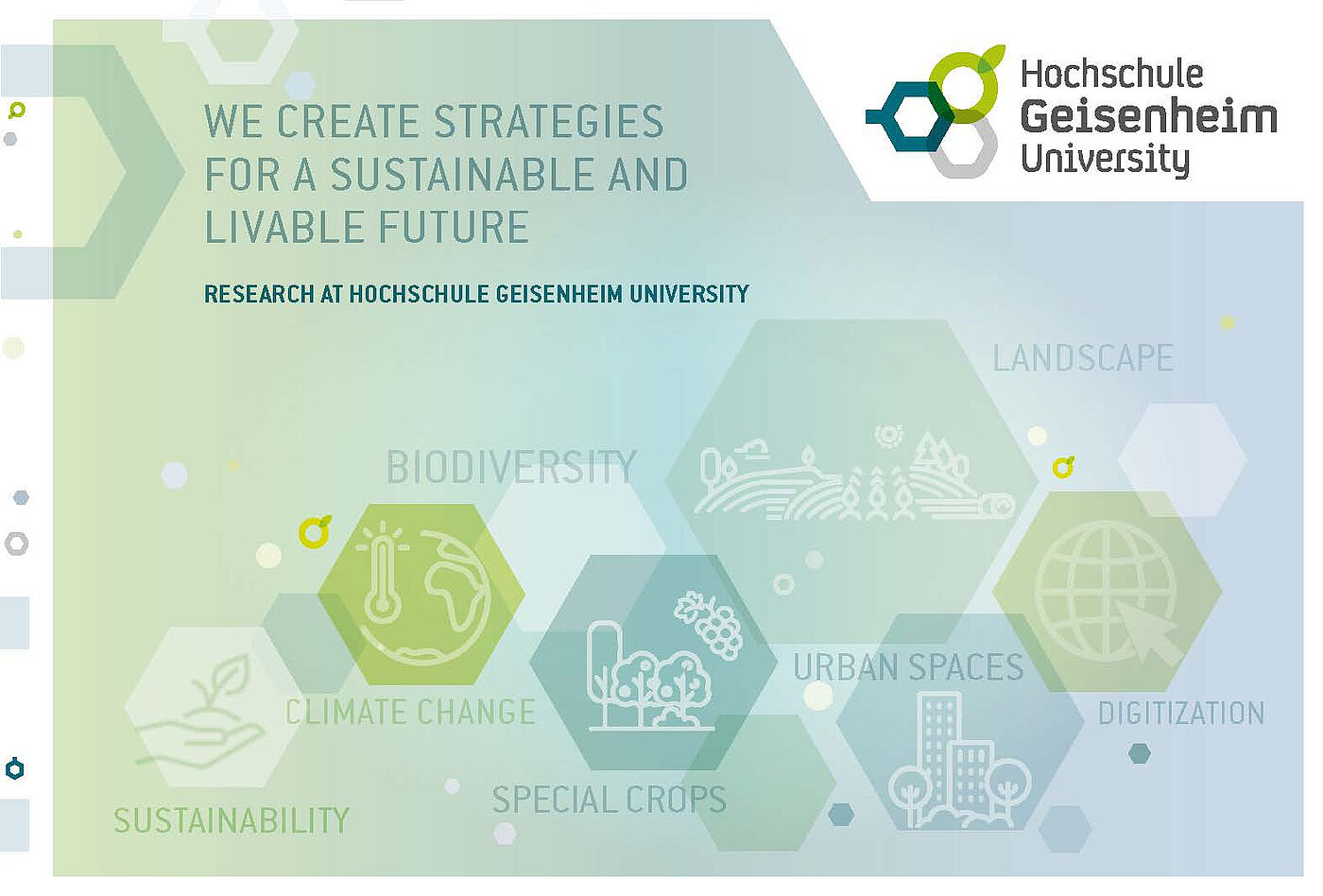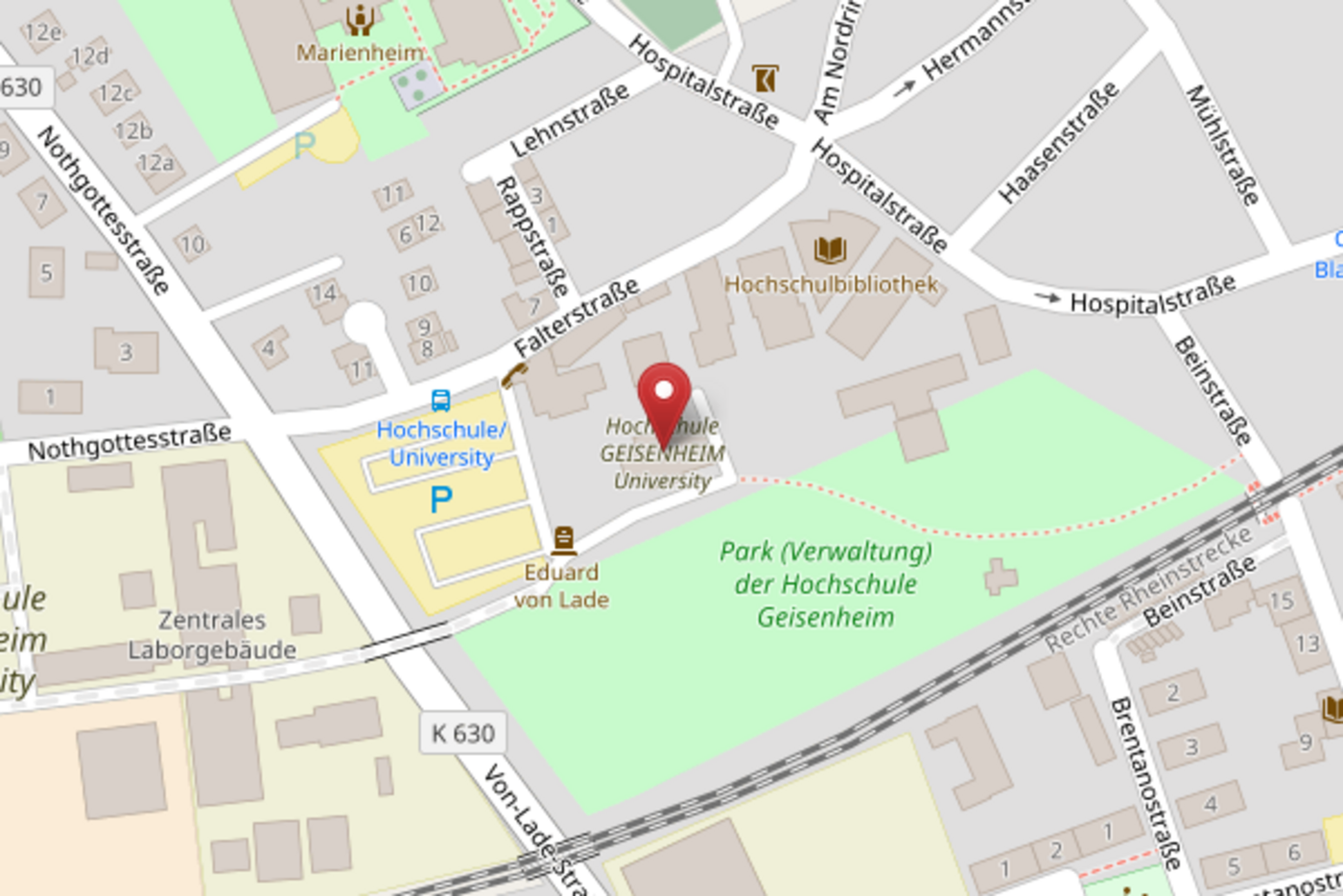The intensive cultivation of agricultural land has taken a toll on the soils of north-western Europe. As a result, the humus content of the soil in many regions is far too low. This hinders the soil’s capacity to store water and increases the risk of erosion and flooding, thereby threatening food security in the long term.
The Interreg North-West Europe project HydroSoilWise aims to combat this development. With a total budget of €4.8 million – €2.9 million of which is funded by the EU – the project unites 12 partner institutions from across Germany, Belgium, the Netherlands, and France to work on innovative solutions for sustainable farming. HydroSoilWise is coordinated by the Belgian research institute for potatoes, vegetables, ornamental plants, and landscaping, Viaverda.
HydroSoilWise has three core objectives: increasing the water storage capacity of soil and reducing soild erosion through practical soil management measures, as well as optimizing water usage through smarter irrigation and water management practices.
New Farming Methods for Improved Water Uptake
Within the context of the project, researchers at Hochschule Geisenheim University’s Department of Vegetable Crops will test farming methods that allow for the topsoil to better absorb water. “We are experiencing more and more periods of drought as a result of climate change. Even when it does rain, the soil is so hardened that water runs off the surface,” explains Professor Jana Zinkernagel, Head of the Department and leader of the HydroSoilWise project at Hochschule Geisenheim University. “If we want to use rainwater and irrigation efficiently, we need to ensure that water is able to infiltrate the deeper layers of the soil where the plants have their roots.” These experiments are taking place in the university’s testing facilities with the use of microlysimeters. These are 60 x 80 cm cylinders embedded in the ground equipped with sensors that enable the precise recording and observation of water movement in the soil.
“We are the only project partners with this technology available to us. The special thing about our research facility is that we don’t have to use model calculations to estimate the effects of the measures – we can collect specific data directly in the field,” says Professor Zinkernagel. “We’re delighted to support the HydroSoilWise project with our technology and expertise and to actively contribute to the resilience of Europe’s agricultural system.”
The methods developed through the project will be promulgated into agricultural practice through demonstrations, training sessions, and a user-friendly online toolbox, and will pave the way for more sustainable, climate-resilient agriculture in north-western Europe.
Interreg North-West Europe
The European Union’s Interreg Program promotes transnational collaboration in the pursuit of tackling the shared challenges facing Europe. Interreg North-West Europe (NWE) supports projects that strengthen innovation, sustainability, and social cohesion in the north-western region of Europe (Belgium, Luxembourg, the Netherlands, Switzerland, Ireland, and parts of France and Germany).
More Information



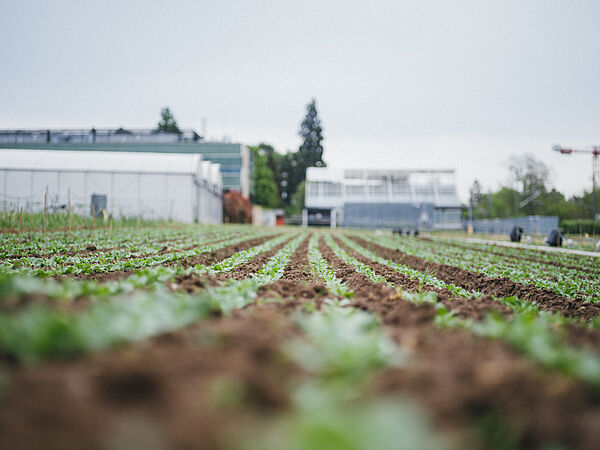
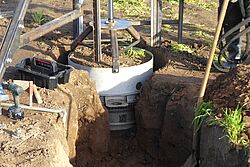
![[Translate to English:] [Translate to English:]](/fileadmin/_processed_/b/2/csm_Logo_HydroSoilWise_8705595f9c.png)
